The paradox of the spectator is an research into the gaze and the condition of the contemporary spectator, produced with the support of the Departament de Cultura de la Generalitat de Catalunya and Graner Center of dance and live arts.
Related content:
︎ Research graphic memori
︎ Spectators in residence
︎︎︎Scenes from Confinement
![]()
![]()
![]()
![]()
![]()
![]()
Related content:
︎ Research graphic memori
︎ Spectators in residence
︎︎︎Scenes from Confinement


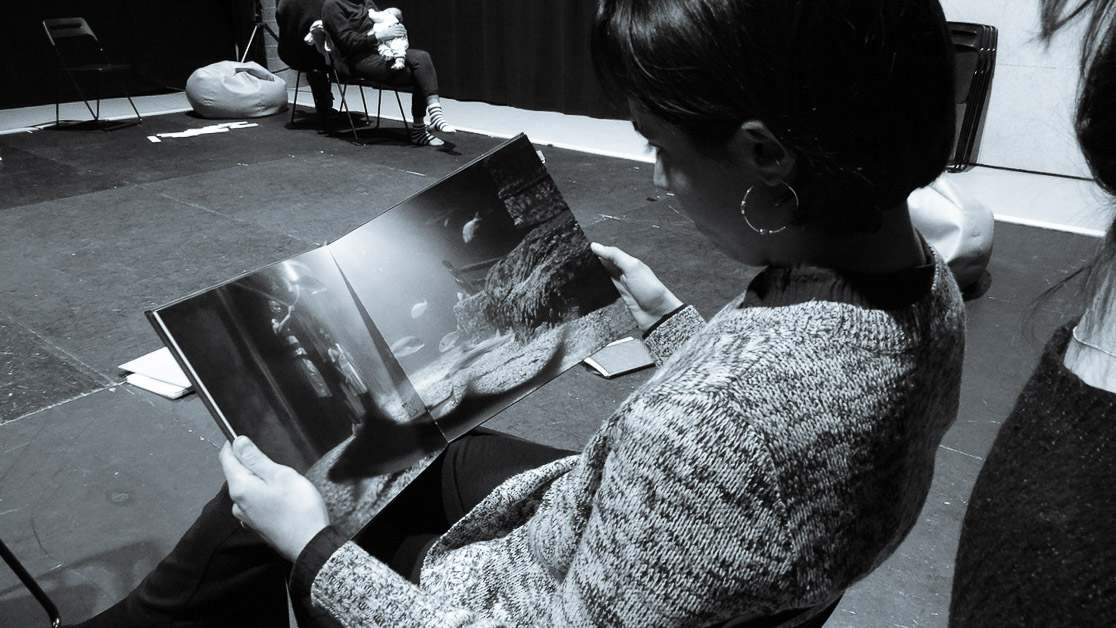

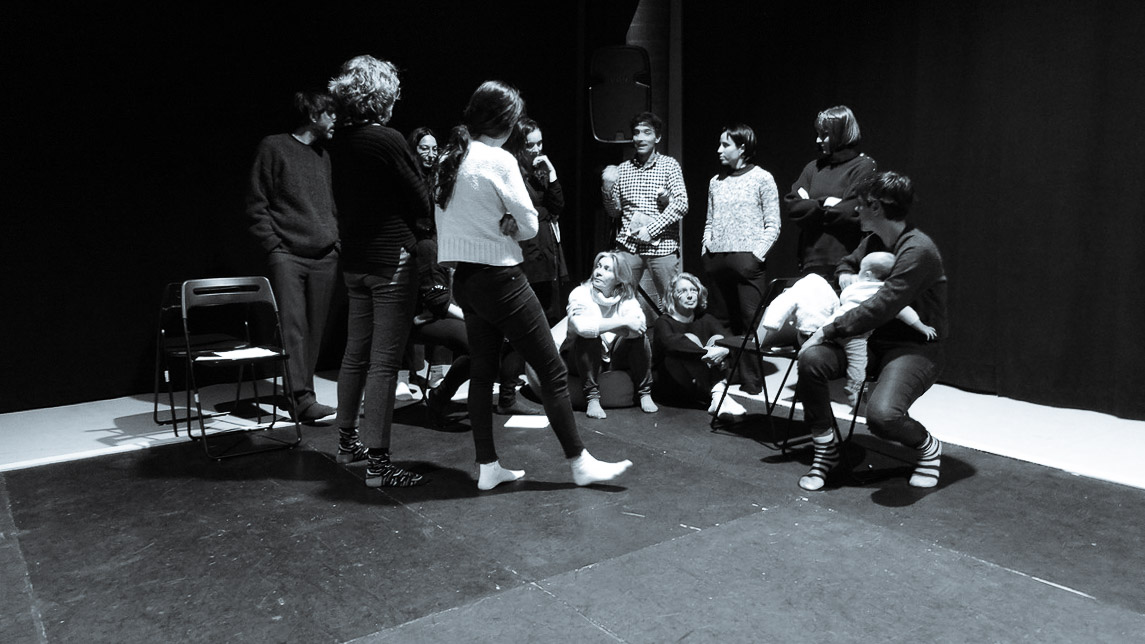
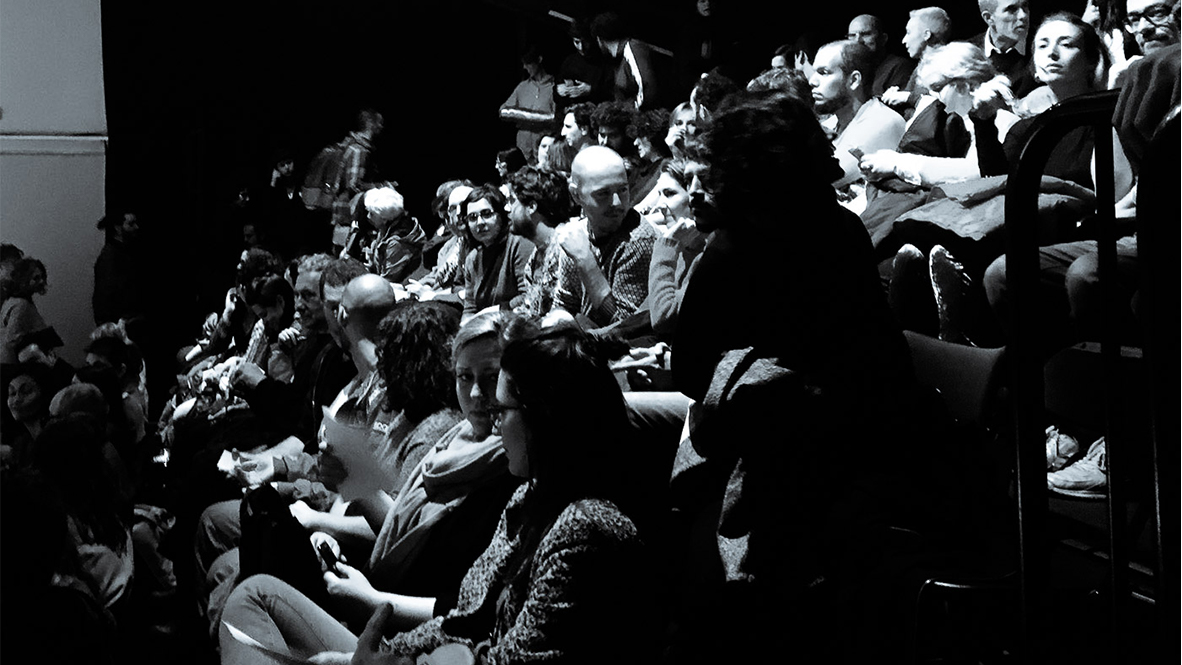
The paradox of the spectator
Research I Visuality criticisms
2019-2021
![]()
The paradox of the spectator arises from the observation of an oversight in the field of the arts. In the face of the insistent attention that artists and works have received during modernity, this research proposes a decisive turn that leads us to lose ourselves in the domains of the spectator. An elusive figure that has managed to remain a secret, veiled by the gloom of the theatres, hidden in cinemas, dispersed in galleries or hidden behind the screens of hyperreality.
The spectator's tendency towards imagery, his supposed passivity in the face of the world, his "enchantment" with fiction, his voyeurism or the idleness of his habits have made him the declared enemy of iconoclastic doctrines, the critique of the spectacle, revolution (Rousseau) and knowledge (Plato). His condition as a double being, willing and exposed to the powers of the fake - fiction and representations - has cost him expulsion from the doctrinaire space of truth. Perhaps this explains the nocturnal and stultifying condition with which it is presented in the corpus of Western tradition.
![]()
From Plato's dialogues, Rousseau's revolutionary maxims, Brecht's pedagogical theatre, Debord's analyses of the inflation of the spectacle, or the more contemporary attempts to create "a theatre without spectators", the West seems determined to remove the spectator from the space of the rapture of fiction and return him to the domains of "the real". His silence, his recollection, his apparent inaction clash with a large part of the aesthetic and political projects of modernity. However, a large part of these projects focus their criticisms on that which is the object of the gaze, ignoring the set of processes that take place in this inevitable and constitutive gesture of vision. What happens in this space and the condition of who holds the powers of vision are the two pillars of this research:
If the gaze is an organ that oscillates between passion and action, a kind of seismograph that traces relations between seeing, saying, feeling and thinking: what scene does the spectator's gaze return to us? How does their gaze act on the scene? Where does it lead and what senses and affects are elaborated in this twilight zone that spectators inhabit? What are the poetics of translation and the games of equivalences that intervene in the production of meaning and experience? How to problematise the field of constitution of the gaze in order to liberate the imagination from the circuits of authority, consumption and spectacle that saturate the space of art and culture? How to rethink the powers of the stage from the perspective of the spectator? How to transform the materials of the stage into a collective territory in which to affirm the imaginaries of the stage to come?
![]()
Research I Visuality criticisms
2019-2021
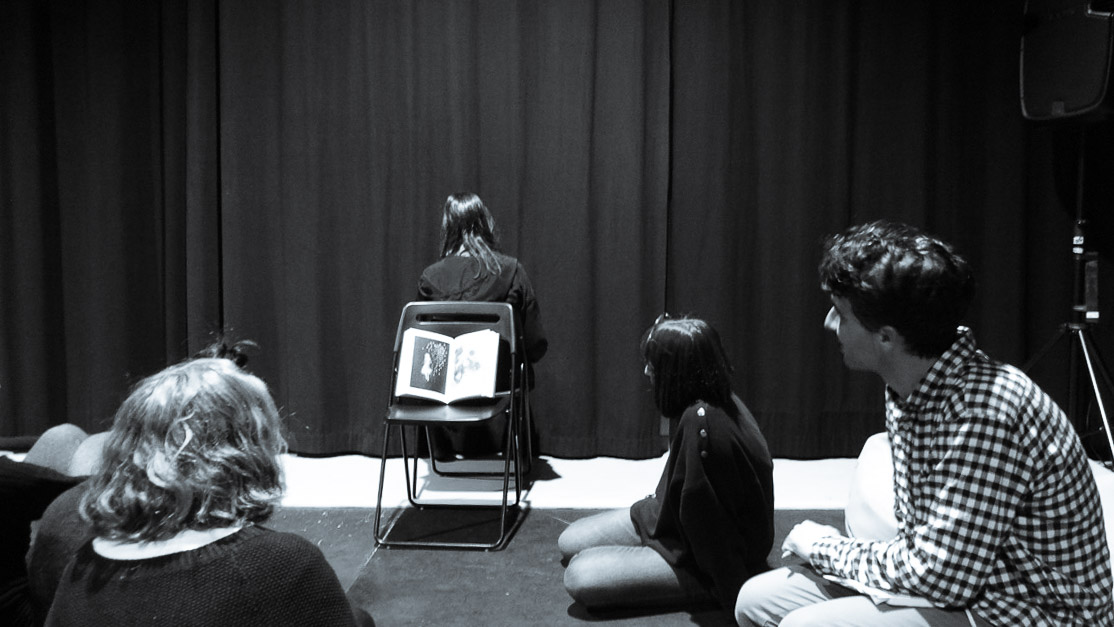
The paradox of the spectator arises from the observation of an oversight in the field of the arts. In the face of the insistent attention that artists and works have received during modernity, this research proposes a decisive turn that leads us to lose ourselves in the domains of the spectator. An elusive figure that has managed to remain a secret, veiled by the gloom of the theatres, hidden in cinemas, dispersed in galleries or hidden behind the screens of hyperreality.
The spectator's tendency towards imagery, his supposed passivity in the face of the world, his "enchantment" with fiction, his voyeurism or the idleness of his habits have made him the declared enemy of iconoclastic doctrines, the critique of the spectacle, revolution (Rousseau) and knowledge (Plato). His condition as a double being, willing and exposed to the powers of the fake - fiction and representations - has cost him expulsion from the doctrinaire space of truth. Perhaps this explains the nocturnal and stultifying condition with which it is presented in the corpus of Western tradition.
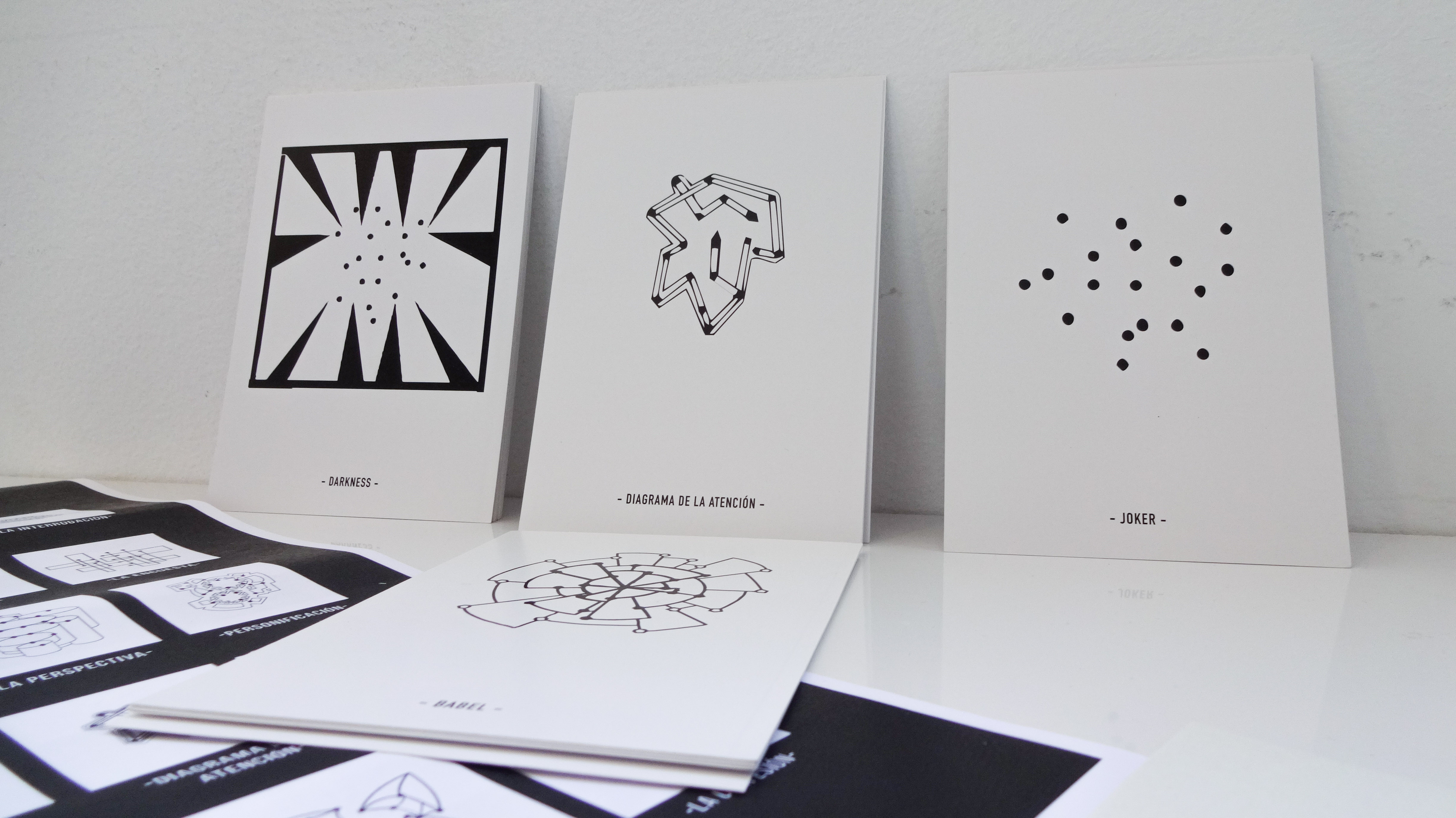
From Plato's dialogues, Rousseau's revolutionary maxims, Brecht's pedagogical theatre, Debord's analyses of the inflation of the spectacle, or the more contemporary attempts to create "a theatre without spectators", the West seems determined to remove the spectator from the space of the rapture of fiction and return him to the domains of "the real". His silence, his recollection, his apparent inaction clash with a large part of the aesthetic and political projects of modernity. However, a large part of these projects focus their criticisms on that which is the object of the gaze, ignoring the set of processes that take place in this inevitable and constitutive gesture of vision. What happens in this space and the condition of who holds the powers of vision are the two pillars of this research:
If the gaze is an organ that oscillates between passion and action, a kind of seismograph that traces relations between seeing, saying, feeling and thinking: what scene does the spectator's gaze return to us? How does their gaze act on the scene? Where does it lead and what senses and affects are elaborated in this twilight zone that spectators inhabit? What are the poetics of translation and the games of equivalences that intervene in the production of meaning and experience? How to problematise the field of constitution of the gaze in order to liberate the imagination from the circuits of authority, consumption and spectacle that saturate the space of art and culture? How to rethink the powers of the stage from the perspective of the spectator? How to transform the materials of the stage into a collective territory in which to affirm the imaginaries of the stage to come?

